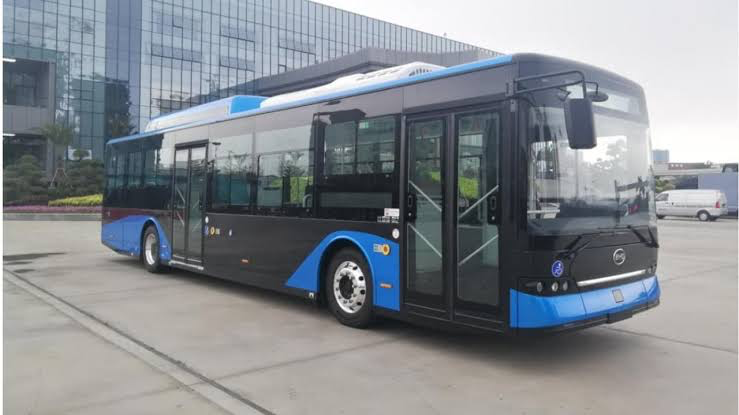Ethiopia has embarked on a groundbreaking journey towards electric mobility with the launch of its first electric buses in Addis Ababa, signaling a significant shift in the country’s public transportation and environmental sustainability efforts. The Ministry of Transport and Logistics confirmed this pioneering move, which sees the Belayneh Kindie group spearheading the initiative by installing public transport buses that began operations on a specific route within the city. This development represents a key milestone in Ethiopia’s commitment to embracing cleaner, greener transportation alternatives.
The electric buses, assembled locally by the Belayneh Kindie Metal Engineering Complex, utilize components imported from China’s Golden Dragon Company, highlighting a collaborative international effort to support Ethiopia’s electric vehicle (EV) ambitions. Besufekad Shewaye, the general manager of Belayneh Kindie, expressed optimism about the Ethiopian market’s potential for electric mobility, noting the importation of completely dismantled electric vehicles since mid-2023. To date, the company has assembled 216 electric minibuses, with half already sold to transport service providers and government entities.
In a bold move to accelerate the transition to electric vehicles, the Ethiopian government has announced plans to import 439,000 EVs by at least 2030. This ambitious target is supported by various incentives aimed at encouraging electric mobility within the East African nation. Among these incentives, the government has implemented duty-free importation of EV parts for local assembly, alongside reduced taxes for partially assembled and fully assembled electric vehicles. Specifically, a 5% tax is applied to partially assembled EVs, while imports of fully assembled EVs are subjected to a 15% tax.
Moreover, the government’s proactive approach includes the establishment of 2,226 charging stations across Ethiopia, with a significant number allocated to the capital, Addis Ababa, and additional stations planned for regional cities. This infrastructure development is crucial for facilitating widespread adoption of electric vehicles and ensuring their practical use throughout the country.
Minister of Transport and Logistics, Bareo Hassen, emphasized that the transition to electric mobility is expected to yield substantial economic benefits for Ethiopia. By reducing the country’s reliance on imported fuel, which amounted to approximately $6 billion in 2023, Ethiopia aims to conserve a considerable amount of foreign currency annually. With over half of the nation’s fuel expenditure attributed to vehicles, the shift towards electric vehicles presents an opportunity to mitigate these costs and promote sustainable energy consumption.
Ethiopia’s venture into electric buses and the broader push towards electric vehicles underscore the country’s dedication to pioneering sustainable transportation solutions. As Ethiopia continues to develop its electric mobility infrastructure and policy framework, it sets an exemplary path for other nations in the region and beyond, demonstrating the viability and environmental advantages of adopting electric vehicles on a national scale.



